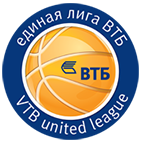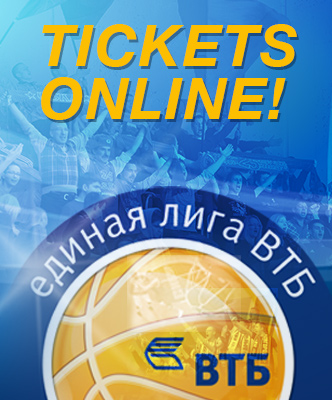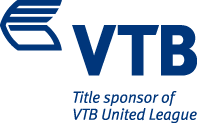09december
Shved & Rice: How Much Is 1+0?

Hi everyone! Welcome to those who have had the misfortune of reading my work elsewhere and to those who are now taking the plunge for the first time!
Yes, it's been a long time since I put pen to paper (I'm not counting my periodic eruptions on Facebook in recent months). How to avoid making a fool of myself after a prolonged absence...Though why am I hedging and making excuses for myself? Shouldn't I be embarrassed? Quit with the defeatist thinking and march on, especially with such a wonderful opportunity to resume my literary career. I'm not sure who to thank: fate or the people who put together the VTB United League calendar.
Of course, Khimki vs. Loko made me salivate immediately when I glanced over the calendar back in November. But reality rarely matches expectations, and when it does not, the outcome is for the worse. That, however, was not the case this time around. We got to enjoy a phenomenal game with two overtimes...the season's best so far. Imagine ordering the signature crawfish at a restaurant and being brought a tray of lobster accompanied by a steaming decanter and heaping portion of first-class caviar.
We could savour the details of this feast for a long time. But I'd like to focus on the biggest moment of the game, which from my twisted perspective came during the second minute of the second overtime. Khimki had taken a five-point lead and Loko called a timeout. On the way back onto the floor, two Moscow Region players had a very lively discussion about something of importance. Nothing more, nothing less.
A few seconds later, one of the two grabbed a defensive rebound and reflexively passed the ball to his teammate. In response, the second said something to the first. He answered. After a quick discussion, the ball went back to the first player, who went on to score and lead his team to a win.
The two players were Alexey Shved and Tyrese Rice: a Russian and an American, white and black, two point guards, snipers and lightning-quick options on offense. They finally started to talk to each other! They started playing together and passing the ball!
Back in the fall, when Khimki had just signed Shved, there was a lot of talk about his reportedly record contract for the 2015-16 season. The club said that the 3.4 million euro salary was significantly exaggerated, but didn't deny anything else (including whether or not the contract was indeed a record).
At the same time, Rice's role on the team looked unassailable. He'd added a 2015 Eurocup MVP to his 2014 Euroleague Final Four MVP and made a very good impression in the VTB United League with his style of play. Now these two guys would be on the same team...
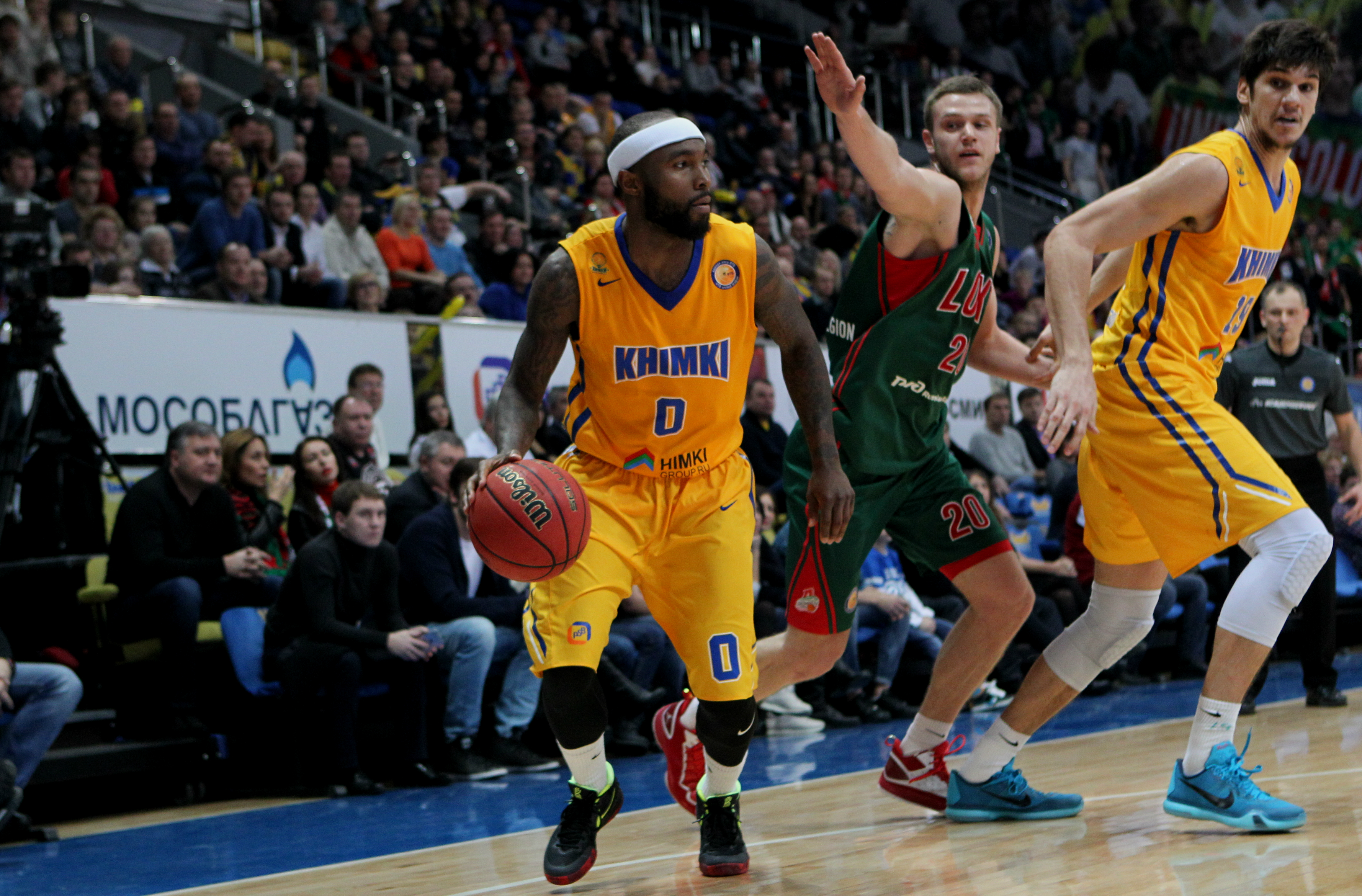
Shved (give him credit) has been a true professional from the start. Despite the huge contract, he didn't complain about coming off the bench, his lack of playing time or scoring opportunities. That said, he scored a lot of points right away, even if it was only once every week or two, which was not surprising given his shooting talent.
I'm guessing Rice saw it coming. And once it happened, he started...well, let's say, to be a little jealous. He looked jealous on the court. For example, there was a situation where Rice, after struggling all game, refused to pass the ball to anyone in the final minutes, even though Shved had been terrific. Not surprisingly, he made a lot of mistakes and the game ended in defeat. There were other examples, too...
They knew beforehand that they would be rivals. And no matter what happens, they will remain rivals. But now (I pray I'm not wrong) they've also become teammates. They've started to work together. As soon as that happened, the impact began to exceed expectations, especially their own! After all, it's always stressful to compete with someone that close to you, whereas playing together on a big stage and sharing the ball is an incredible thrill!
The numbers on their jerseys are also curious: Shved wears #1, Rice - #0. That's the basis of the binary code that has computerized human existence. The words I'm writing right now, which you will read, will be transformed by binary code. There are billions upon billions of combinations. But in our situation, it's not always an arithmetic outcome: sometimes 1+0 = 0; other times it's worth 10. Two talented, but similar players can divide a team's strength or magnify it tenfold.
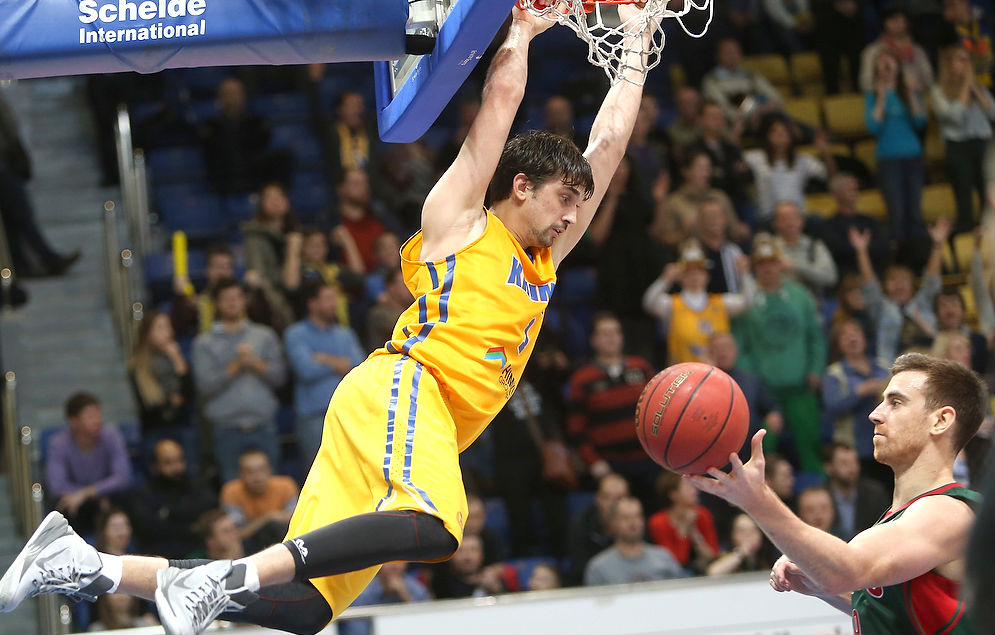
The Rice-Shved scenario is not unusual, but it's still very complicated. In general, duos like these rarely get along. But if they do and manage to get over the hump (the coach's role is important and Rimas Kurtinaitis appears to have a patient, well thought-out strategy), the results could be amazing. Remember a similar scenario in CSKA's backcourt last season, when Teodosic was incredible, but De Colo had to gradually adapt to the squad following an injury. Compare that to this scenario. Look how it worked out! Time heals; you simply to need to take proper advantage.
Or I can give you the example of a different point guard duo that evolved together: CSKA's Holden and Papaloukas in 2002. They adjusted and changed (especially Papaloukas, but that's a different story) and both became great in the end.
Why do I say all this? Because on Monday, Shved and Rice evidently took an important step toward creating another big team in Russia. And that's more important than the standings in any competition, though it is nice that this breakthrough took place in the VTB United League.




